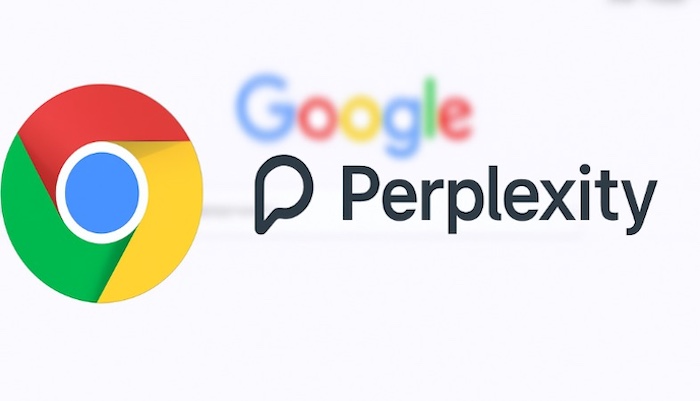In an unexpected move, artificial intelligence start-up Perplexity has made a $34.5 billion (£25.6 billion) bid to acquire Google’s Chrome browser, challenging the tech giant’s dominance and advocating for what it calls a more user-focused future for the internet.
In a letter addressed to Alphabet CEO Sundar Pichai, Perplexity argued that placing Chrome under an independent operator would “benefit the public,” citing commitments to user safety, open web principles, and greater choice.
The offer, however, has been met with widespread skepticism from industry experts. Technology investor Heath Ahrens dismissed the bid as a “stunt,” noting it falls far below Chrome’s estimated worth, particularly given the browser’s vast reach and troves of user data. Chrome is currently the world’s most used internet browser, with more than three billion users worldwide.
Google has not responded publicly to the offer, and there is no indication that the company has any intention of selling Chrome. In fact, the tech firm is currently defending itself in two major US antitrust cases, with a federal judge expected to issue a ruling this month that could potentially force Google to restructure or spin off parts of its business including Chrome.
Google has argued that such a move would harm users and weaken online security. A spokesperson previously called the idea of spinning off Chrome an “unprecedented proposal.”
Perplexity, meanwhile, has said it would keep Google as the default search engine in Chrome, although users would retain the ability to change their preferences. The company also pledged continued support for Chromium, the open-source browser framework that powers Chrome, Microsoft Edge, and Opera.
The start-up, last valued at $18 billion in July, has not disclosed how it would finance the proposed deal. Despite this, Perplexity says its bid represents a bold commitment to “user choice and continuity” for Chrome’s vast user base.
Perplexity has recently launched its own AI-powered browser, Comet, and has been positioning itself as a key player in the AI space, competing with heavyweights like OpenAI’s ChatGPT and Google’s Gemini. Earlier this year, it also made headlines with an offer to purchase the US operations of TikTok, which faces a potential ban if not sold by September.
While many analysts question the seriousness of Perplexity’s bid, some believe a larger offer from a high-profile figure like Sam Altman or Elon Musk could potentially shift the balance in the AI and browser wars.
Erizia Rubyjeana

